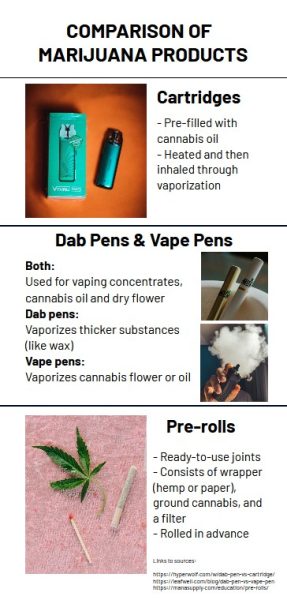Caught in a circle
While there may be many reasons a high school student picks up drug dealing, it can come with a lot of risk. John Davis, a student at Redwood High School, originally started selling delta-9-tetrahydrocannabinol (THC) vape cartridges at 10 years old. His environmental and personal reasons affected this ultimate decision.
“I started because I wanted money since I was too young to get a job. I wasn’t pressured, but my surroundings encouraged it,” Davis said.
Davis felt surrounded by an environment of people and businesses that promoted the use of drugs, which led him to ultimately decide this could be a path for him for now. Irrespective of the risk, high school drug dealers can turn to this for numerous reasons, many along the same lines of wanting extra cash.
“I just use dealing to help myself and my family, but it depends on your situation,” Davis said.
A single THC cartridge ranges in price from $10-$60, depending on the distributor. When Davis sells a box of these, which can contain 10 to 20 separate cartridges, he can make up to a profit of $120 per deal.
“Depends on how much you buy. Paying $180 to $200 for it, and then when you’re selling it, it is like $250 to $300,” Davis said.
Davis buys primarily from other dealers, which he describes as a network of dealers working together. While he can find them through peers, he knows of other dealers using social media to find their connections.
“Social media and technologies now, I guess kids are like messing around to find them,” Davis said.
While many student dealers help each other by looking out for one another, there are negative encounters with customers or other dealers.
These run-ins can be potential fights on or off school grounds and increase the overall risks of being a student dealer. Consequences also differ depending on these incidents. Additionally, if a student is caught dealing on or off campus, it changes depending on where they’re caught. The risk of getting caught can also involve possible suspension or expulsion if a student violates the education code.
“Schools work with the education code. So where it’s a law, they can enforce it, even though they’re not law enforcement, because it’s on school grounds. So they’re going to handle the school’s discipline side of it, and then we’re going to handle the legal side of it, and both of those can go congruent together at the same time,” said Belmont Police Corporal Brian Vogel.
Getting caught also depends on each situation and the particular student. Each student has a different reason for dealing, and the material they sell may also be different.
“Just depends on the person’s situation. Outside of school, that involves cops. Though depending on the school, you get suspended,” Davis said.
If someone is caught drug dealing, they face immediate consequences as well as possible future ones.
“If you get caught, it’ll be much harder to get a job after getting in trouble with the law, and it creates some personal and family issues, too,” Davis said. “Like my future job, I’m worried about my future in general.”
Despite the high risk and little reward, Davis feels trapped in an environment where he believes he no longer has a choice but to be a part of it.

“I’m stuck in a circle,” Davis said. “I say I’m still stuck in the circle because I don’t know how to get out of the situation.”
This “circle” can encompass a multitude of different personal or economic factors and contributions to why, even if Davis wanted to, it becomes much harder for him to leave.
“My environment is surrounded with sorts of people and a couple of stores; even some personal issues get in the way,” Davis said.
While he cannot escape this cycle, it remains vital to Davis that he is a reliable dealer and mindful of the people he sells to.
“I only give it to people that are already in it and that already like that stuff, but I make sure I check up on the people that I give it to,” Davis said.
In addition to being reliable, he has to establish credibility with his buyers to make sure they know he’s not selling them fake products, and he can avoid further issues.
“You have to know what you’re selling and know where you get it from. People will recognize it over time,” Davis said.
Many factors influence how a high school drug dealer is perceived and how they ultimately go about dealing at school amidst the threat of consequences, which is why Davis would like to eventually “go clean.” To other student dealers, he urges them to be cautious and safe.
